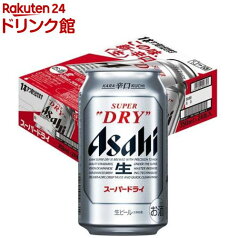(ok) (pn,adj-no) (1) (derogatory or familiar) he
she
him
her
(n) (1) retainer
servant
(suf) (1) (uk) derogatory suffix (referring to others)
(2) humble suffix (referring to oneself)
(n) (1) servant (esp. a samurai's attendant)
(2) chivalrous man (c. Edo period)
(3) (abbr) cubed tofu (often served cold)
(4) (abbr) kite shaped like a footman
(5) (abbr) Edo-period hairstyle worn by samurai's attendants
(6) enslavement (of a woman; Edo-period punishment for her own or her husband's crime)
(pn) (7) (arch) (derog) he
she
him
her
(pn,adj-no) (1) (uk) (derog) fellow
guy
chap
(2) (col) thing
object
(3) (derogatory or familiar) he
she
him
her
(P)
(n) (1) (arch) slave
(2) retainer
servant
(3) captive
(4) (derog) varlet
(5) (hum) I
me
(n) (1) retainer
servant
(pn) who?
(pn) who?
(pn) who?
(n) (1) (arch) (hum) me
(2) (fam) you
(n) (arch) servant of the imperial court
(n) (arch) servant of the imperial court
(n) (derog) black person
slave
(pn,adj-no) (uk) (col) this fellow
this guy
this person
(P)
(pn,adj-no) (uk) (col) this fellow
this guy
this person
(pn,adj-no) (1) (uk) (col) that person (guy, fellow)
(2) that (one)
(P)
(pn,adj-no) (1) (uk) (col) that person (guy, fellow)
(2) that (one)
(n) (1) he
him
she
her
(n) (1) (derog) fellow
guy
chap
(2) he
him
she
her
(n) they
those guys
(n) they
those guys
(n) Country of Na (a country that existed within Japan during the Yayoi period)
(n) Country of Na (a country that existed within Japan during the Yayoi period)
(n) kite shaped like a footman
(n) they
those guys
(n) Edo-period hairstyle worn by samurai's attendants
(n) guys
fellows
(n) guys
fellows
(n) (arch) sickle-shaped moustache (often worn by servants in the Edo period)



